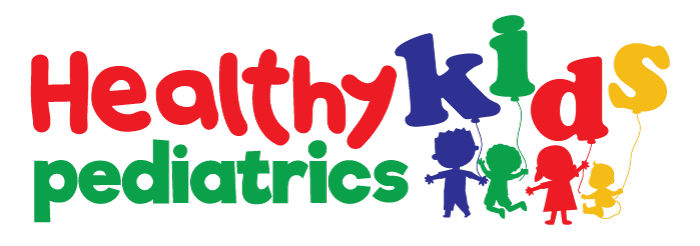The epidemic of obesity has increased dramatically in children. Did you know that one in five kindergarten children is already overweight?
In an effort to begin discussions on obesity prevention earlier, the American Academy of Pediatrics (AAP) released the new clinical report titled “The role of the pediatrician in the primary prevention of obesity.” It offers families practical ways to incorporate healthy habits into their busy lifestyles and eliminates some of these bad habits earlier (when they are easier to break).
Tips for Families Regarding Obesity Treatments for Kids
Here are tips regarding dietary options for kids;
- Smart Shopping: Rising food costs make creating healthy meals a challenge. The AAP recommends using the USDA’s online resources to make profitable purchases of healthy foods.
- Make healthy foods available at all times: Water jars, fresh fruits, and other varieties of snacks that are low in calories should be easily reachable every time and in plain sight; for example, in front of the refrigerator or large bowls on the counter of the kitchen or on the table.
- Watch the portions: Use a serving spoon and smaller plates to help children take appropriate portions of high-calorie foods. When you go out to eat with your family, recognize the size of the portions and discuss eating half and take the other half home to enjoy later.
- Cook with your children: Kids are often eager to assist, so let them mix the bowl or add ingredients to what you make, and they will be more likely to eat what they helped create.
- Limit treats and snacks: Children should have three well-balanced meals and one to two small snacks during the day. Do not let your children graze all day; they need structure to help limit nibbling. Treats should be on special occasions like birthdays and holidays. They should not be part of your child’s daily diet.
Additional tips for battling obesity as recommended by AAP are as follows;
Sleep
Children who do not sleep well are at increased risk of obesity. Parents can encourage good sleep habits by organizing a nighttime routine with young children. Avoid sleeping with bottles or cups and take the TVs out of the rooms to promote good sleep hygiene.
Screen time
The AAP recommends limiting the screen time to two hours or less per day. This can be difficult for parents to implement, as children do more and more things at once (homework and texting) and the boundaries between entertainment and education are often unclear, especially when using ‘a computer.
Physical activity
Busy lives make it hard to find the time to exercise. However, physical activity does not necessarily mean sport: family activities and active games (family walks and hikes, bike rides, outdoor games and activities) matter as well.
If you do not have a large yard, find the parks or playgrounds near you and plan to go with your family. Involve the children in the planning and they will remind you that tonight is kickball or cycling. Many cities have community centers, such as the YMCA, that offer activity for children of all ages. Always set a target of 60 minutes of physical activity daily.
In conclusion, obesity has always been a core issue in the field of pediatrics, which is why the AAP has the above-listed guidelines in place to keep the reoccurring epidemic in check because living healthy and looking the part should be the number one priority for every family and their kids.



Recent Comments